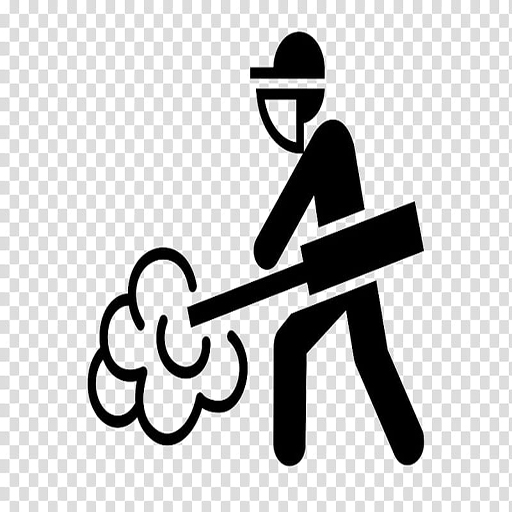Professional training of agricultural industry assistants as pedagogical problem
DOI:
https://doi.org/10.47494/mesb.v1i.4Keywords:
vocational training, specialists, agrarian sector, student, educational processAbstract
Improving the effectiveness of professional training of agricultural professionals is one of the priorities of the higher agricultural education system. The purpose of the article is to determine the main approaches to the professional training of agricultural specialists. According to the analysis of psychological and pedagogical literature, scientific contributions, the author gives the author's definition: "the willingness of future specialists in the agricultural sector to professional activity as an awareness of the need for purposeful obtaining theoretical knowledge, practical skills for self-formation, awareness of personal and social sphere. " We have identified three stages of professional preparation of students of agricultural profile in the conditions of higher education, the qualities that should be formed for each student: the desire for in-depth study of their profession, the development of interest in it; regular independent performance of educational tasks; honest execution of public tasks, active participation in public life; search for original, non-standard solutions to technical problems. The article emphasizes that the future specialist of agrarian industry requires a combination of deep production and technical knowledge on the one hand, and thorough knowledge of sociological issues - psychological knowledge that would allow effective management of production units and successfully work in different sectors of Ukraine . It is stated that in order to increase the effectiveness of students' education it is necessary to: know the goals of learning, that is, the final knowledge, skills and skills that they must acquire in the course of studying the disciplines; to find forms and methods of control that will allow to evaluate the degree of achievement of the goal, to understand what criteria should be followed in the organization of educational and cognitive activity; to develop programs for the organization of active conscious cognitive activity of each student for mastering the planned knowledge, skills and skills; to create in students appropriate motivation, interest and confidence in the importance and necessity of acquiring certain knowledge, skills and skills that would encourage each student to active conscious work.
Downloads
References
Kobernyk, A.N. (1984). Sovershenstvovanye form y metodov podhotovky starsheklassnykov k trudu v sel'skokhozyaystvennom proyzvodstve [Improving the forms and methods of preparing high school students for work in agricultural production]. Extended Abstract of Canidate’і Thesis. KSU named afeter T.G.Shevchenko, Kyiv. [in Ukrainian].
Zaskaleta S., Sisoyeva S. (2.13). Trends of professional training of agricultural specialists in the countries of the European Union: monograph [Training of agricultural specialists in the countries of the European Union].Nikolaev: Ilion. [in Ukrainian].
Latusha N.V. (2015) Features of professional training of future agronomists in agricultural universities [Professional training of agricultural specialists]. . Drogobych. Young scientist. № 5(20). Pp. 116–119.
Matyash, N.Yu. (1994). Formuvannya u starshoklasnykiv profesiynoyi spryamovanosti na sil's'kohospodars'ki spetsial'nosti u vzayemodiyi shkoly ta vuzu [Formation of vocational training for senior pupils in agricultural specialties in interaction between school and university]. Unpublished Candidate`s Dissertation. Institute of Pedagogics of the Academy of Pedagogical Sciences of Ukraine, Kyiv. [in Ukrainian].
Presidential Decree «Pro natsionalnu stratehiyu rozvytku osvity v Ukrayini na period do 2021 roku [About the National Strategy for the Development of Education in Ukraine until 2021. URL: https://zakon.rada.gov.ua/laws/show/344/2013 [last accessed: 16.03.2019].

Published
Versions
- 2020-07-06 (3)
- 2020-06-06 (1)
How to Cite
Issue
Section
Copyright (c) 2020 Nataliia Oliinyk, Liubov Spiridonova Zolotarova

This work is licensed under a Creative Commons Attribution 4.0 International License.
The work simultaneously licensed under a Creative Commons Attribution 4.0 International License
You are free to:
- Share — copy and redistribute the material in any medium or format
- Adapt — remix, transform, and build upon the material for any purpose, even commercially.
The licensor cannot revoke these freedoms as long as you follow the license terms.
Under the following terms:
-
Attribution — You must give appropriate credit, provide a link to the license, and indicate if changes were made. You may do so in any reasonable manner, but not in any way that suggests the licensor endorses you or your use.
- No additional restrictions — You may not apply legal terms or technological measures that legally restrict others from doing anything the license permits.








